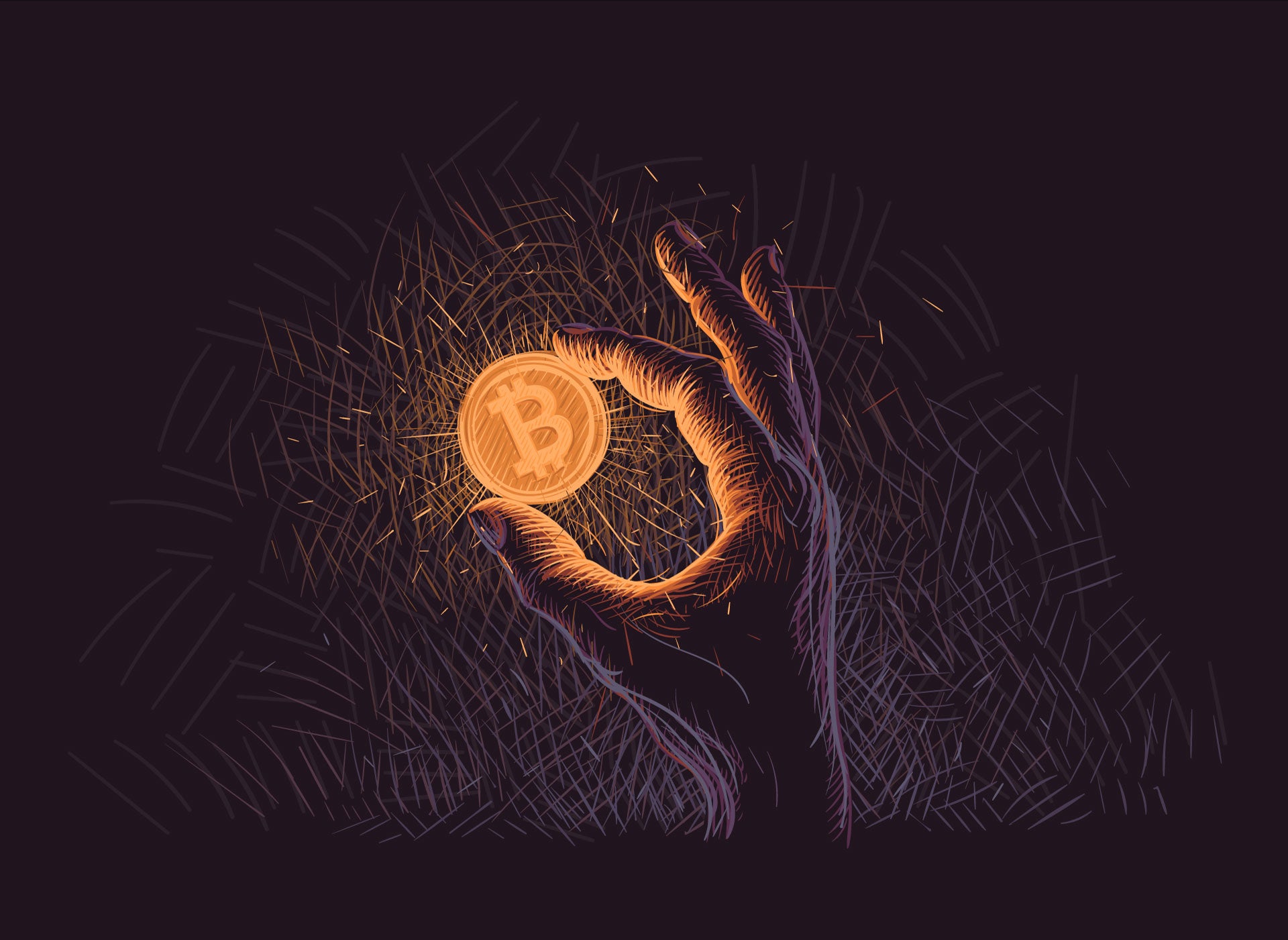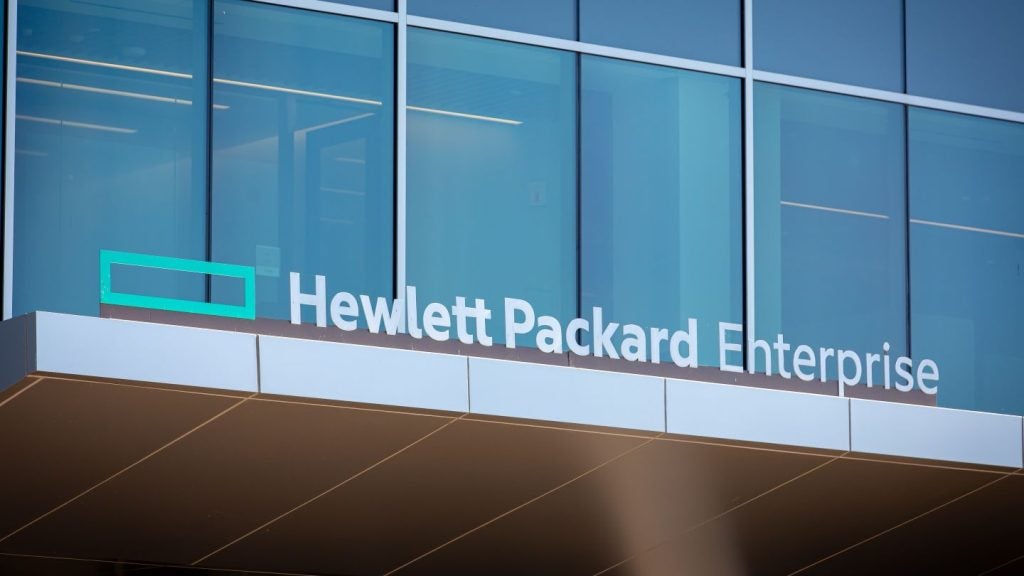
As the initial market panic that followed coronavirus around the world begins to clear, investors are starting to look forward towards the challenges that lie ahead. It’s clear, that once the immediate medical crisis subsides, we will be facing an economic situation almost without precedent.
The GDPs of every major economy will crater in the current quarter. Although many are hopeful that the recovery will come in the next quarter, there is potential for long-term recession.
As the world emerges from the medical crisis, industries that have been shut down will be left surveying widespread damage, some of it permanent. Consumers will be split between the fortunate ones that have been able to work and others whose incomes have suffered badly during the shutdown.
Meanwhile, central banks are printing trillions in new currency as they desperately roll out programmes to jumpstart the economy and prop up ailing industries. This unprecedented increase in the balance sheets of central banks will have major repercussions for the world economy in general and for asset prices in particular.
Bitcoin investment: Hedging against inflation
Accordingly, investors are looking to assets that can provide a hedge against rising prices and the destructive impact of inflation. That much is clear from the price of gold, up over 11% year-to-date at the time of writing, while the S&P 500 is nursing a loss of over 12% even after the recent Fed inspired rally. We can expect that gold will continue to prove a popular option to protect against inflation.
But this time gold will not be the only save haven from the storm. In the inflationary period to come, we can expect Bitcoin to truly earn its moniker as ‘digital gold’, a store of value while cash is eroded and more bond yields turn negative.
Bitcoin offers an inflation hedge for one obvious reason: unlike fiat currencies, the supply is limited. Only 21 million Bitcoins can be mined in total. There is no digital central bank that can debase the value by flooding the market. The decentralised nature means that the decisions of a few power-brokers cannot fundamentally alter the value of people’s holdings.
The idea of cryptocurrency as a store of value may seem counterintuitive when it remains a volatile asset class. But compare that to a commodity such as oil, whose price has been sent crashing by vanishing demand and a resulting supply glut, to the point where storage is beginning to run out – and many short-dated contracts have entered negative territory.
Volatility and risk, often conflated, are not the same thing. Despite the often choppy price movements, digital assets have more than held their own against the market during the ongoing economic storm as variable supply side and political interference are two problems that cryptocurrencies do not have to deal with, making them a potentially less vulnerable investment in times of turmoil.
Bitcoin is down a mere 4% year-to-date (and up 22% from a year ago), and Ethereum is up by a third. The early signs are that investors are turning to cryptocurrencies both as a key tool of diversification and a hedge against uncertainties to come.
That is reinforced by data from the crypto asset manager Grayscale: in Q1 it saw inflows north of $500m, more than doubling its previous best quarter. Almost a third of that capital came from new investors, most of them institutions. There is every indication that inflationary fears will add to the tailwinds that were already powering new investment in cryptocurrency, among them institutional involvement and improving regulation.
No asset class will ever be fully trusted until it can demonstrate its performance and sustainability during a crisis. For digital assets, which emerged out of the embers of the last financial crisis, the storm that is now engulfing global markets is set to mark a coming-of-age.
Read more: Bitcoin price to rise in line with coronavirus spread: Expert







